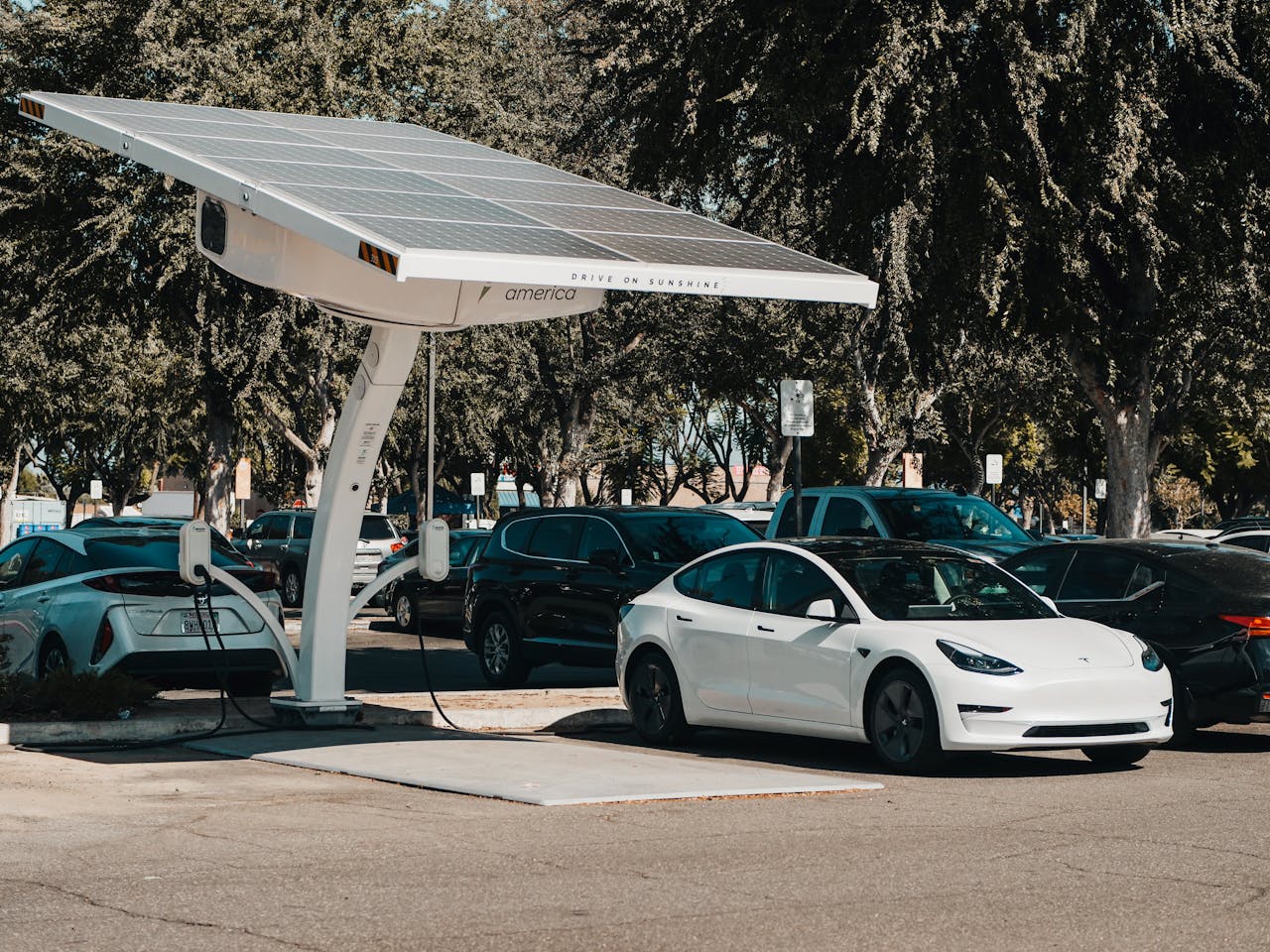Australian car buyers set to benefit from EU tariffs on Chinese EVs

Australian car buyers could soon see more affordable electric vehicles (EVs) on the market, thanks to new tariffs imposed by the European Union on Chinese EVs.
Starting July 5, the EU has introduced provisional taxes of up to 37.6% on imported Chinese EVs, on top of the existing 10% duty. This means Chinese-made EVs could face total tariffs nearing 48%.
Unlike the EU, Australia has not indicated any plans to impose similar barriers on Chinese EVs. This opens the door for Australian consumers to access a wider range of affordable EVs, especially in the small to medium-car segments, where options remain limited.
The EU’s decision follows the United States’ announcement in May to increase import duties on Chinese EVs from 25% to 100%. These moves are designed to protect local industries and jobs from what are seen as unfairly subsidized Chinese imports.
The US administration argues that Chinese automakers have benefited from substantial government subsidies, threatening President Joe Biden’s significant investments in the EV sector. Canada is also under pressure to align its trade policies with these measures. Currently, Canada has a 6% tariff on Chinese imports but faces calls to raise this to 100% to safeguard local employment.
Rationale behind the tariffs
The EU tariffs aim to shield European automakers from the influx of cheaper Chinese EVs. In 2023, nearly 20% of EVs sold in Europe were manufactured in China, with predictions this will rise to 25% in 2024. The European Commission estimates that Chinese EVs are typically 20% cheaper than their EU-made counterparts.
Although there are no Chinese-branded EVs in the US, some models made in China, such as those from Volvo and Polestar, are available. The proposed tariffs are a proactive measure to protect American automakers and jobs as China seeks to expand its export market.
Canada has seen a surge in Chinese EV imports, with Tesla leading the charge by shipping its Model Y from Shanghai. This has led to a significant increase in Chinese-made EVs in the Canadian market, now accounting for nearly one-third of EV sales.
Australian car buyers
Unlike the US, EU, and Canada, Australia does not have a local car manufacturing industry to protect. This means Australian consumers could benefit from the availability of more competitively priced Chinese EVs. China is already the third-largest supplier of new vehicles in Australia, with around 80% of EVs sold in the country being manufactured in China.
China’s rise in the EV market
China’s dominance in the EV market stems from a long-term strategy focusing on advanced battery technologies and industrial policies encouraging joint ventures with international EV manufacturers. In 2023, China became the world’s largest vehicle exporter, with EV exports rising by 70%, amounting to $34.1 billion. The EU is the largest recipient of these exports.
Chinese automakers, such as BYD, have made significant inroads into the Australian market, growing their presence sixfold in recent years and capturing 14% of the market share. This trend highlights Australian consumers’ growing appetite for Chinese EVs.
Enjoying this article?
Subscribe to get more stories like this delivered to your inbox.
Looking ahead
The EU and US tariffs could shift more Chinese EV supply to Australia, providing consumers with greater choice and helping the country meet its emissions reduction targets. The Australia-China Free Trade Agreement, in place since 2015, further facilitates this by encouraging deeper bilateral trade.
In the future, joint ventures between Australian companies and Chinese EV manufacturers could establish local EV manufacturing capabilities, leveraging Chinese innovation to drive further EV adoption in Australia. This would enhance consumer choice and contribute to the country’s economic and environmental goals.
Source: Europe’s tariffs on Chinese EVs could be a boon for Australia
Related Stories:
Chinese EV makers demand fair treatment
Seagull: A tiny electric car making American automakers nervous
Journalist
